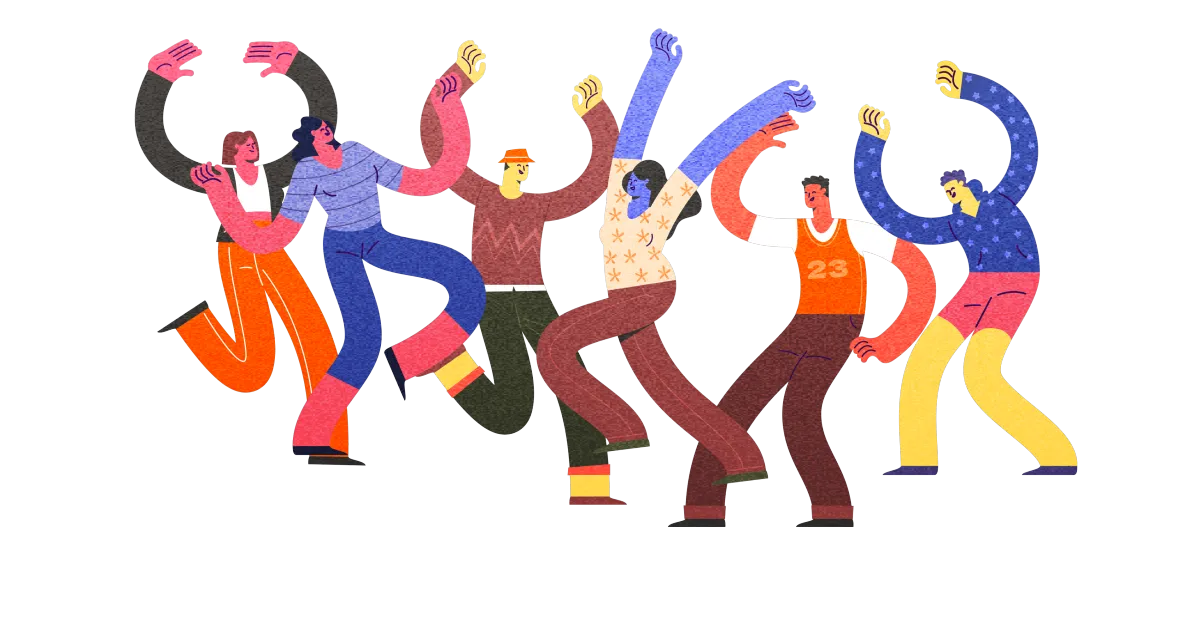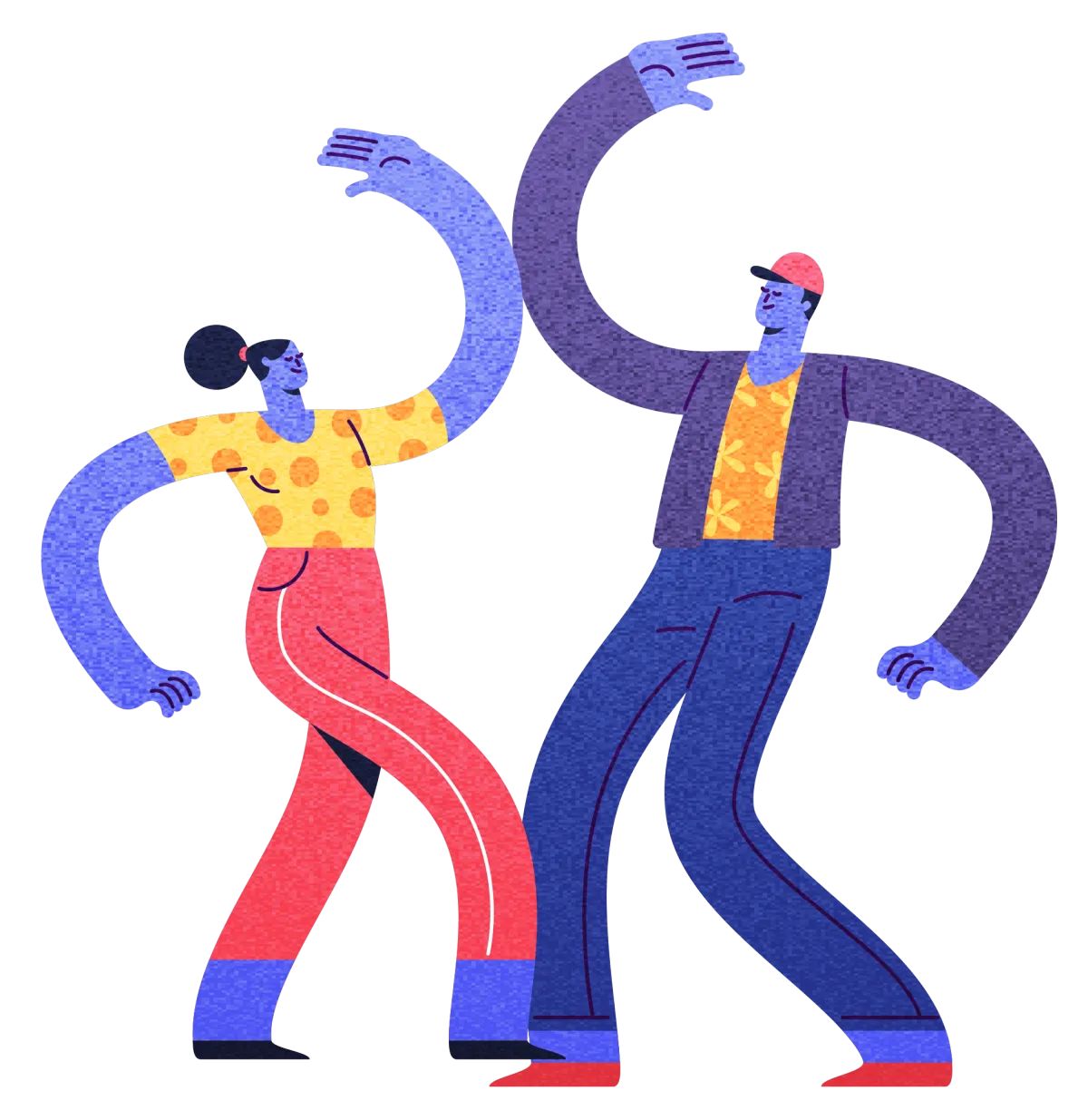Why Play?
Play is a language shared by everyone, transcending barriers of language, culture, and age. But beyond fun and games, research shows that play is a powerful catalyst for brain development and social cohesion. At Play for Peace, we harness the transformative power of cooperative play to create understanding and compassion across divides. Play is like a magical bridge that helps people connect, no matter where they come from or what their differences are. When you play with someone, you work together, laugh, and share a goal—like winning a game or solving a challenge. This creates a sense of teamwork and trust.
The Power of Play to Transform Lives and Bridge Divides

The Neuroscience of Play
Cooperative play is more than just a fun activity—it’s a powerful catalyst for brain development. Neuroscience shows that during play, the brain's neural networks are activated, enhancing cognitive growth and laying the foundation for lifelong learning. Through engaging in problem-solving, memory challenges, and creative tasks, children develop essential skills that support critical thinking and adaptability. Beyond cognitive benefits, cooperative play fosters emotional intelligence by teaching empathy, self-regulation, and social interaction. As children work together, share ideas, and resolve conflicts in a safe, structured environment, they build the social-emotional tools needed to thrive in relationships and communities. This unique combination of cognitive and emotional growth highlights why play is a cornerstone of healthy development.

Play Builds Brain Power: Play stimulates the prefrontal cortex, the part of the brain responsible for planning, decision-making, and regulating emotions.
Dopamine Boost: During play, the brain releases dopamine, a "feel-good" neurotransmitter that enhances learning, motivation, and memory retention.
Neural Connections Flourish: Play strengthens synaptic connections in the brain, helping children develop critical thinking and problem-solving skills.
Stress Reduction: Play reduces cortisol, the stress hormone, helping children feel more relaxed and emotionally balanced.
Play Equals Creativity: Unstructured play increases activity in the default mode network (DMN) of the brain, which is linked to creativity and imagination.
Empathy Training Ground: Cooperative play activates brain areas related to understanding others' emotions, making it a natural way to foster empathy and emotional intelligence.
Learning by Doing: Hands-on play improves motor coordination and enhances spatial reasoning, which are crucial for tasks like writing, drawing, and even sports.
Social Brains Love Play: Play activates the brain’s social circuits, helping children develop communication skills and form meaningful connections.
Lifelong Benefits: Play isn't just for kids! Adults who engage in play maintain neuroplasticity, the brain's ability to adapt and learn throughout life.
Play is a Universal Language: The brain reacts similarly to play across cultures, making it a universal way to connect and communicate.
How We Use Play to
Foster Peace and Compassion
Even if you don’t speak the same language or come from different cultures, play doesn’t need words—it’s something everyone understands. Imagine playing tag or a group game where you need to cooperate to win. You start noticing what you have in common, like how you both enjoy having fun or solving problems. Play also teaches you to listen, share, and understand how others feel. These skills make it easier to make friends and solve disagreements peacefully. When people from different backgrounds play together, it breaks down barriers, helps them see each other as equals, and builds friendships across divides. It’s like building a team where everyone belongs!

Want To Connect With Us?
We’d love to hear from you and explore how we can make a difference together.
Designed with love by Francisco Hueyatl León. Copyright 2026. Play for Peace. All Rights Reserved. EIN 36-4254565
